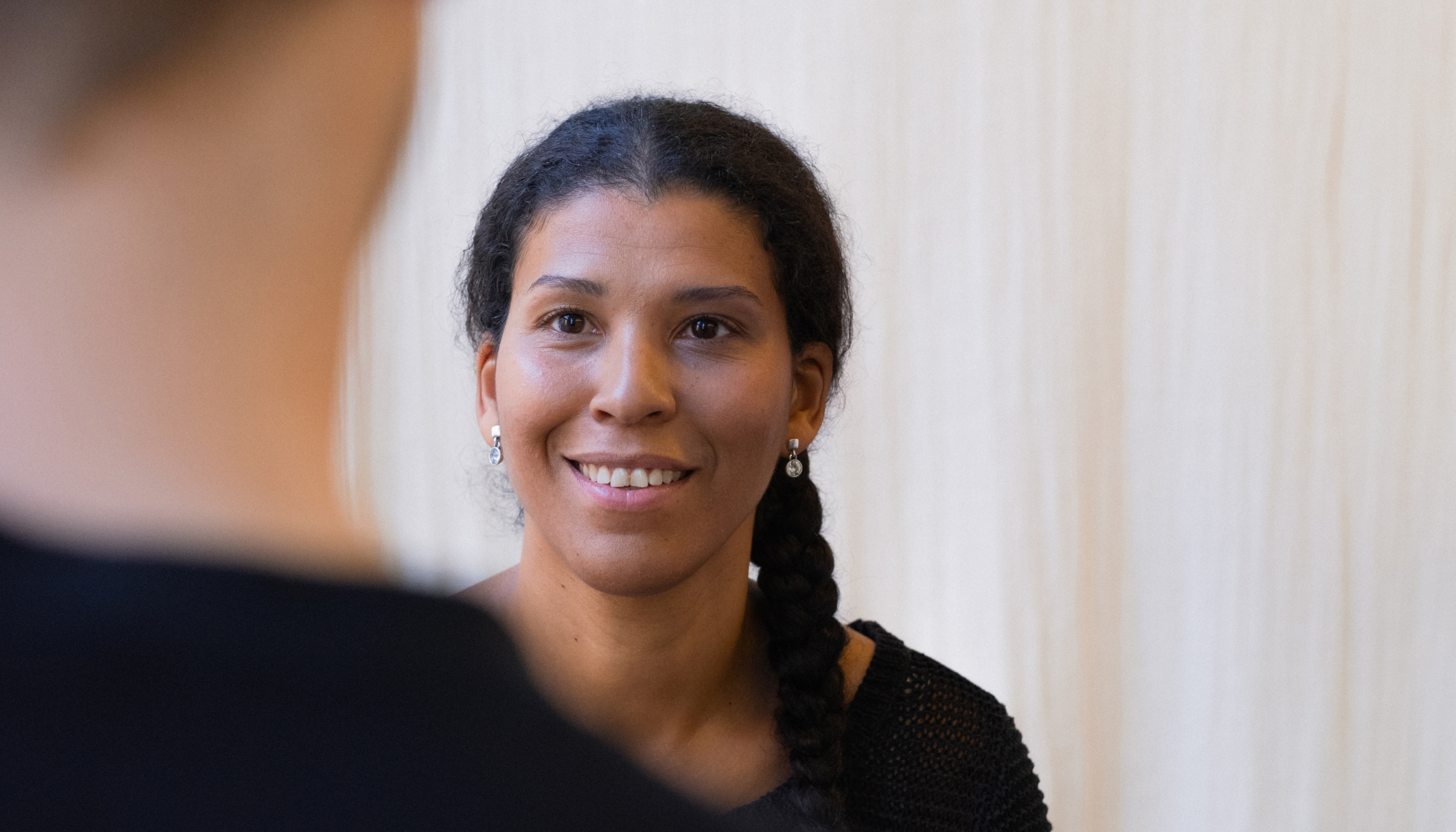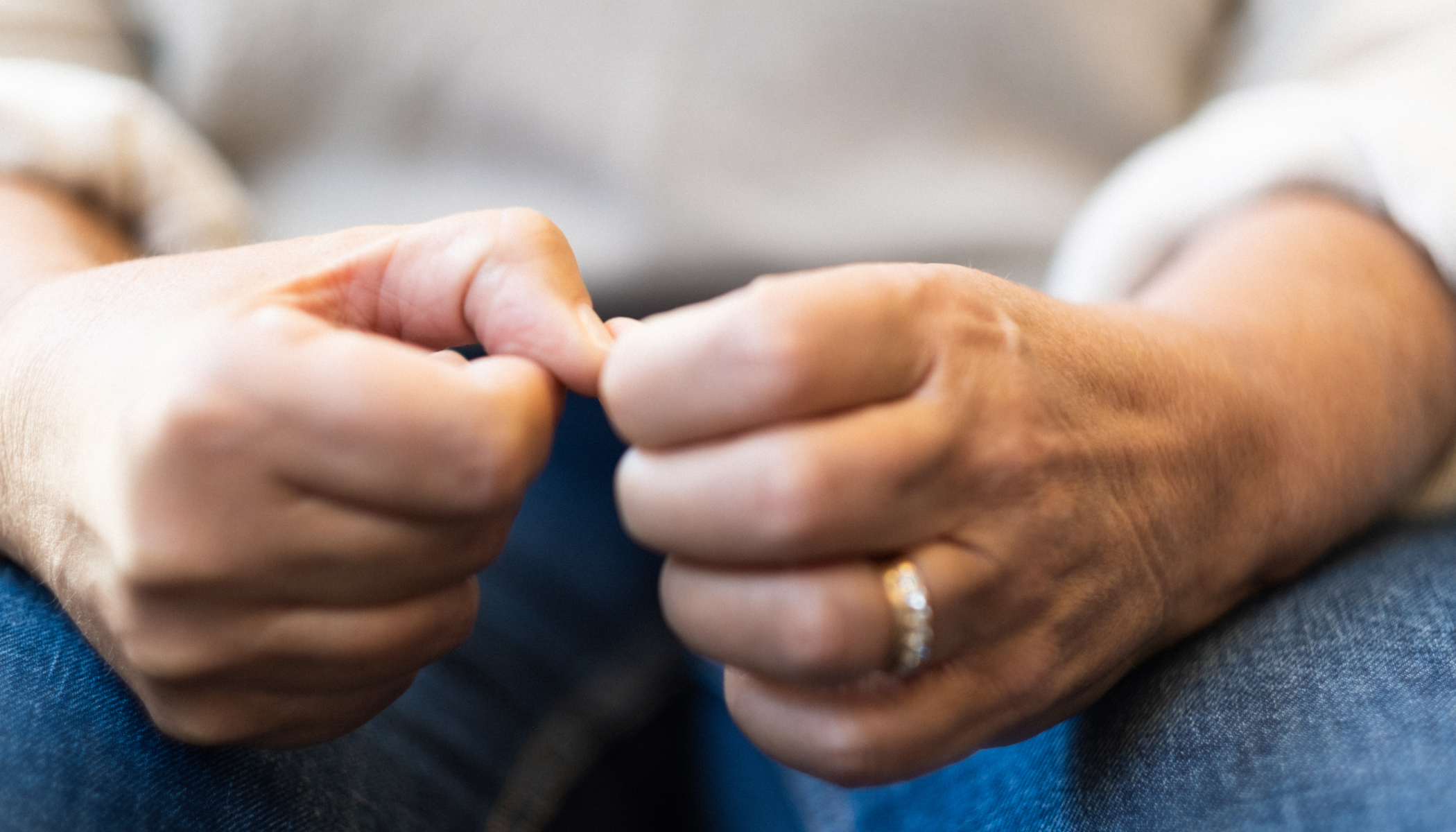At difficult times like these, it’s very common to feel stressed or anxious. You may feel alone, fearful or worried about your family or money.
What’s most important is to remember that this is a natural reaction to the circumstances. Most people will be feeling some level of anxiety or stress right now, and being in lockdown, or self-isolating, and the subsequent loss of your normal routines and social contact, is likely to increase these feelings.
It’s important to acknowledge and respond to these feelings and not ignore them, and remember that what you are doing is very important to protect yourself and others. We hope these ideas help you cope during this unprecedented time.
Ways to manage fear or anxiety
Be realistic about the risk
95% of people who have contracted the new coronavirus to date have recovered or are recovering. If you and your loved ones act on the government advice the strong likelihood is you will remain safe.
Share your worries
Talking to friends and family is the best thing you can do. Just hearing someone’s voice can make you feel less anxious.
Limit how much news you watch
Whether on TV or social media, it’s easy to get trapped in the 24-hour negative news cycle. Try not to. Limit the amount of news you watch or view online and do something else instead.
Try a countering technique
If persistent negative thoughts take hold, try an exercise from Cognitive Behavioural Therapy (CBT). Confront your negative thoughts with a rational counter-statement. For example if you keep worrying that your parents may get ill, say to yourself, ‘Actually my parents are safe at home and not leaving the house. The chances of them catching COVID-19 are incredibly remote.’
Have a good cry
Crying is the body’s way of releasing stress when things become too much. Sometimes the simple act of letting go of your emotions allows you to clear your mind and reset.
Remember it will come to an end
Right now every day may seem like forever. But we can already see countries who’ve been badly impacted by coronavirus coming out of it and returning to normal. We will too.
Some practical ways to relieve stress
1. Maintain a daily routine
Create a new daily routine based around your stay-at-home life. Having a sense of structure is important – especially for younger children and families.
2. Do some exercise
Not only is exercise a great stress reliever, it can also help strengthen immunity. Find out why and read some tips to help you get active.
3. Try some breathing and grounding exercises
Surprisingly simple breathing exercises and relaxation techniques can have a powerful and immediate effect on stress. There are a wealth of online resources for meditation and mindfulness – this NHS-recommended apps list is a good place to start. Or find some relaxation videos and techniques on the NHS Every Mind Matters YouTube channel.
4. Get some fresh air
Although the opportunity to leave the house for exercise is limited, spending time in a garden, on a balcony or just opening windows will help. If the sun’s out, spend a short time relaxing in it to give yourself a natural mood boost.
5. Treat yourself
Tasty food, great music, a good book or a long, hot bath – whatever helps you, or just some time to yourself (especially if you’re self-isolated at home with family).
6. Find and ask for help
If you are worried about financial hardship, anxious about vulnerable people in your family, or struggling with wider mental health issues, here are some other useful links.
For info on Employee Benefits and Rights Support, see gov.uk.
The NHS have advice on taking care of your mental health during the coronavirus lockdown
Take a look at gov.uk if have a medical condition which makes you extremely vulnerable to coronavirus (COVID-19).
When can Livi help?
If your anxiety develops and you have symptoms of depression that have lasted more than 2 weeks that are impacting your daily life, you can speak to a Livi GP. Please note that Livi GPs are only able to help with mild to moderate depression. So if you are feeling very unwell, you should always seek emergency help from your GP or call 111.


